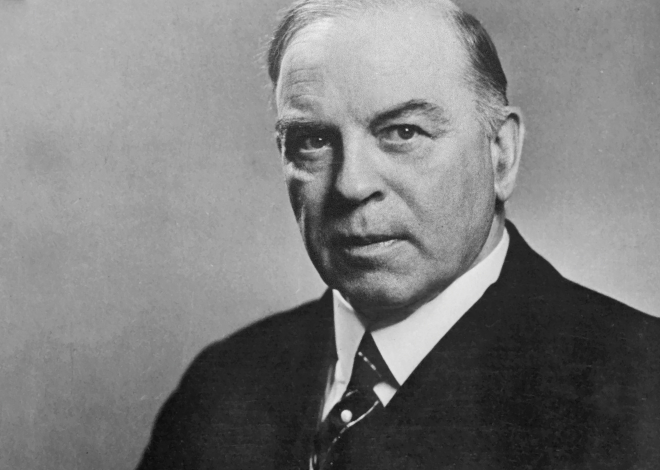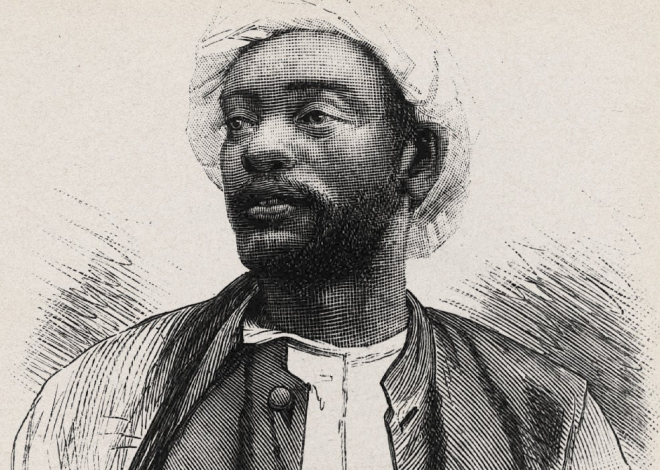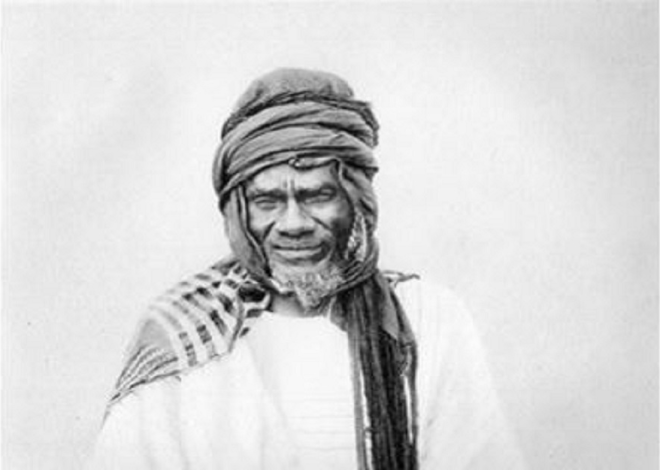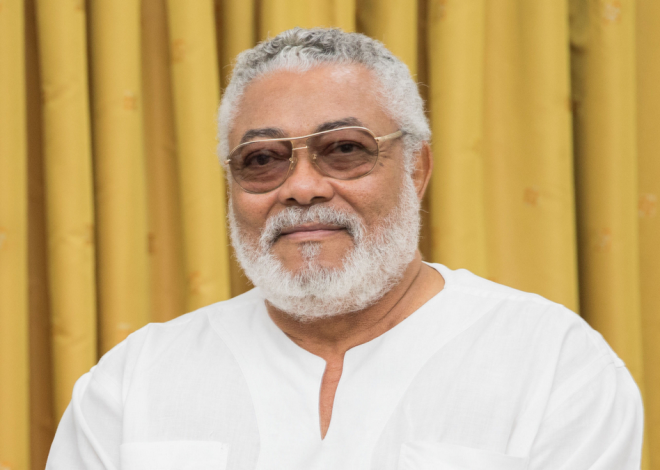
Gamal Abdel Nasser
Gamal Abdel Nasser was a prominent Egyptian military officer and statesman who played a pivotal role in shaping modern Egypt and the Arab world.
Here is a detailed history of Gamal Abdel Nasser:
Early Life and Military Career:
- Nasser was born on January 15, 1918, in Alexandria, Egypt, during the time of British colonial rule. He came from a lower-middle-class family.
- Nasser joined the Royal Military Academy in Cairo in 1937 and graduated as a second lieutenant in the Egyptian Army in 1939.
- He became increasingly involved in nationalist and anti-British activities, particularly during World War II, which was a turning point in his political consciousness.
The Free Officers Movement:
- In 1952, Nasser played a key role in the Egyptian Revolution, a military coup led by the Free Officers Movement. The revolution aimed to end British influence and corruption in Egypt.
- The revolution resulted in the abdication of King Farouk I and the establishment of the Egyptian Republic in 1953. Nasser became one of the leading figures in the new government.
Land Reforms and Nationalization:
- As the second President of Egypt, following General Muhammad Naguib’s brief presidency, Nasser initiated a series of reforms. He implemented land reforms that aimed to redistribute land to peasants and limit the power of landowners.
- Nasser is perhaps most well-known for his nationalization of the Suez Canal in 1956, a move that asserted Egyptian sovereignty over this vital waterway, which had been controlled by Britain and France.
Pan-Arabism and the United Arab Republic:
- Nasser was a staunch advocate of Pan-Arabism, the ideology of Arab unity. In 1958, he merged Egypt with Syria to form the United Arab Republic (UAR), aiming to create a united Arab front against imperialism and colonialism.
- However, the union with Syria was short-lived, as it dissolved in 1961. Nasser continued to promote Arab unity but faced challenges in achieving it.
The Suez Crisis and the Cold War:
- Nasser’s nationalization of the Suez Canal led to the Suez Crisis in 1956. The crisis involved military intervention by Britain, France, and Israel, but international pressure forced them to withdraw.
- Nasser skilfully played the superpowers, the United States and the Soviet Union, against each other during the Cold War, which allowed Egypt to gain significant aid and support from both sides.
Domestic and Regional Policies:
- Nasser’s rule saw the implementation of social and economic reforms, including the construction of the Aswan High Dam, which aimed to control the Nile River’s flooding and generate electricity for industrialization.
- He also pursued policies of Arab socialism, nationalizing various industries and advocating for social justice and economic development.
Legacy and Death:
- Nasser was a charismatic leader and a symbol of Arab nationalism. He remained in power until his death.
- Nasser passed away on September 28, 1970, due to a heart attack. His death marked the end of an era in Egyptian and Arab politics.
- Despite his contributions to Egyptian and Arab nationalism, Nasser’s legacy is a subject of debate. While he is celebrated for his role in ending colonialism and promoting Arab unity, he is also criticized for his authoritarian rule and the limitations of his economic and social policies.
Nasser’s influence extended beyond Egypt, shaping the politics of the Arab world during a critical period of decolonization and Cold War rivalry.
He remains a complex and controversial figure in modern Middle Eastern history.







